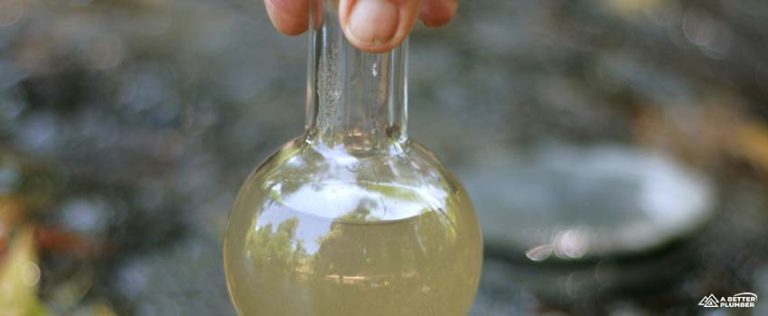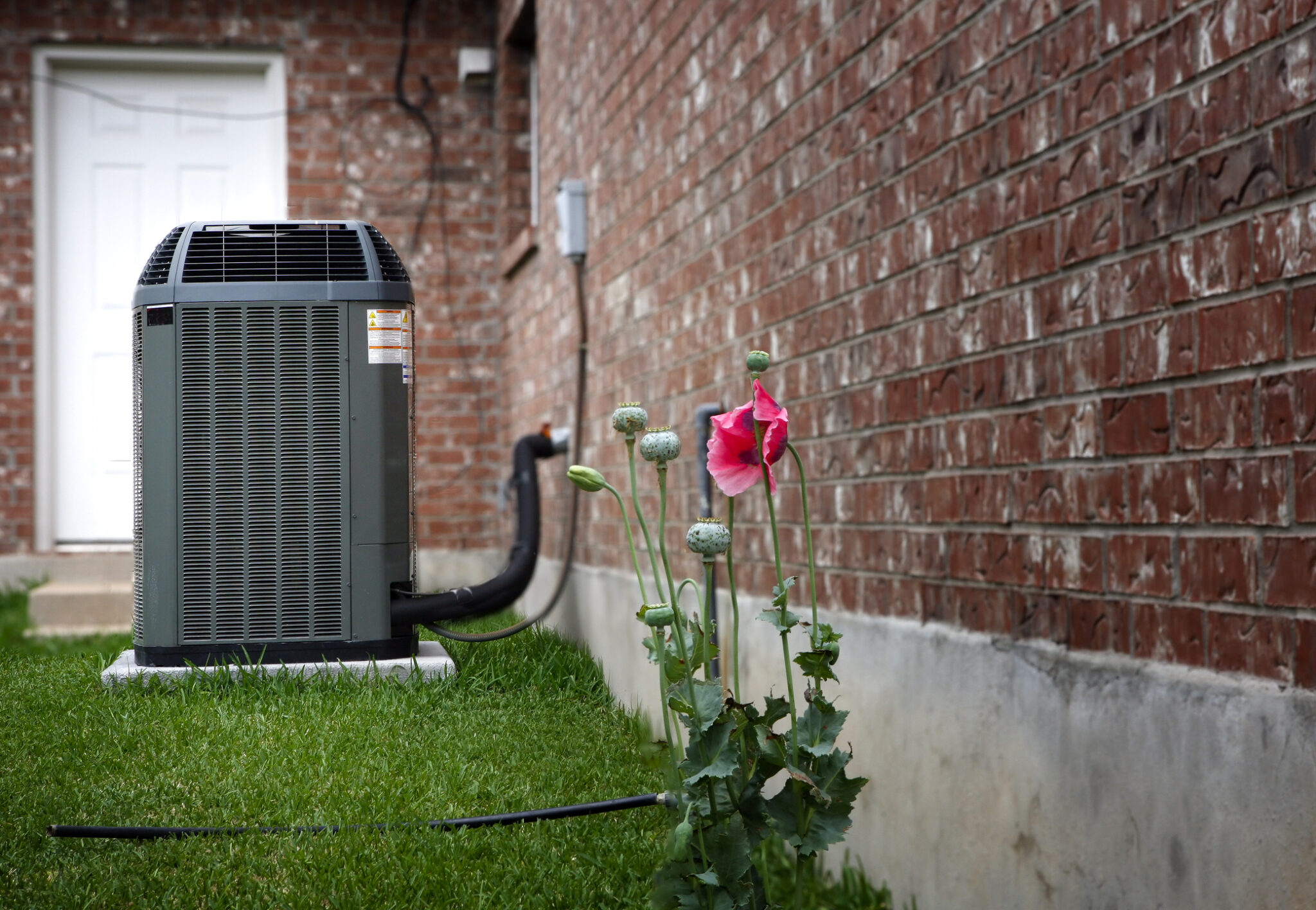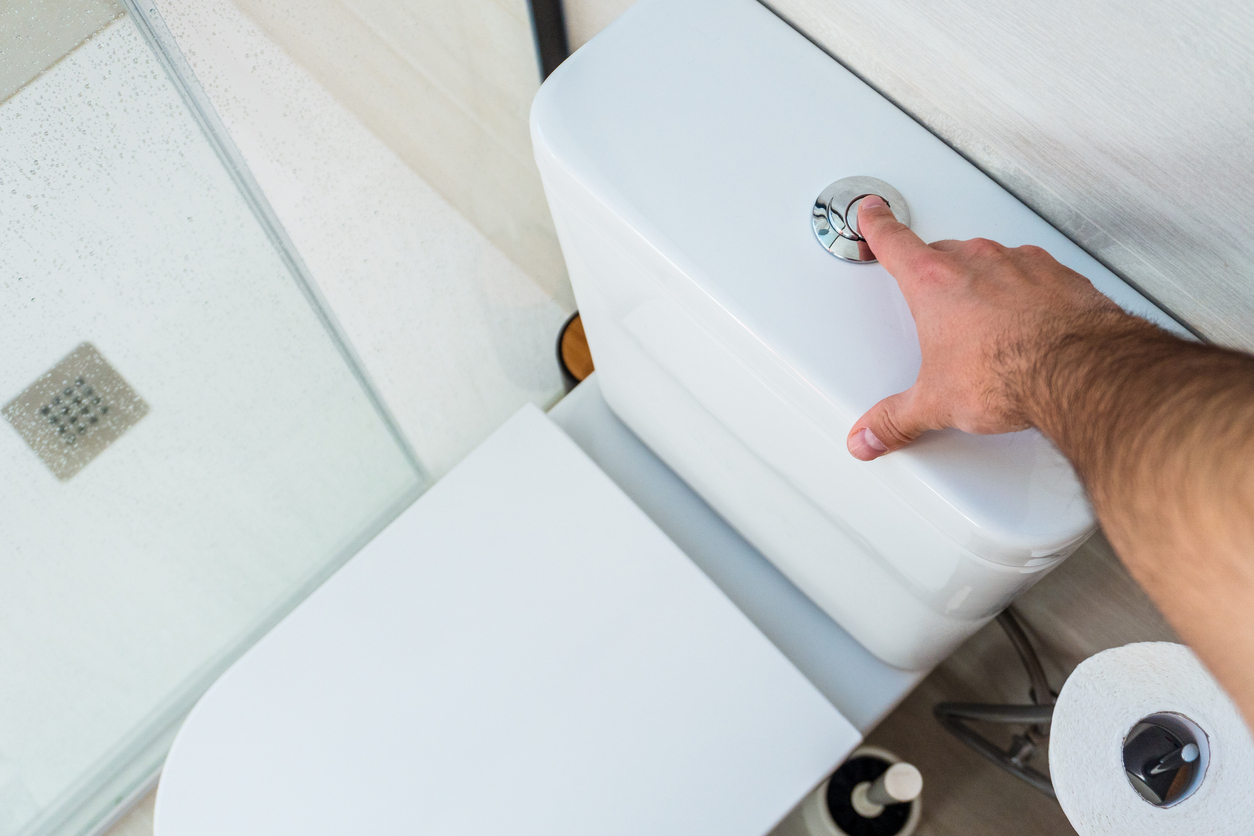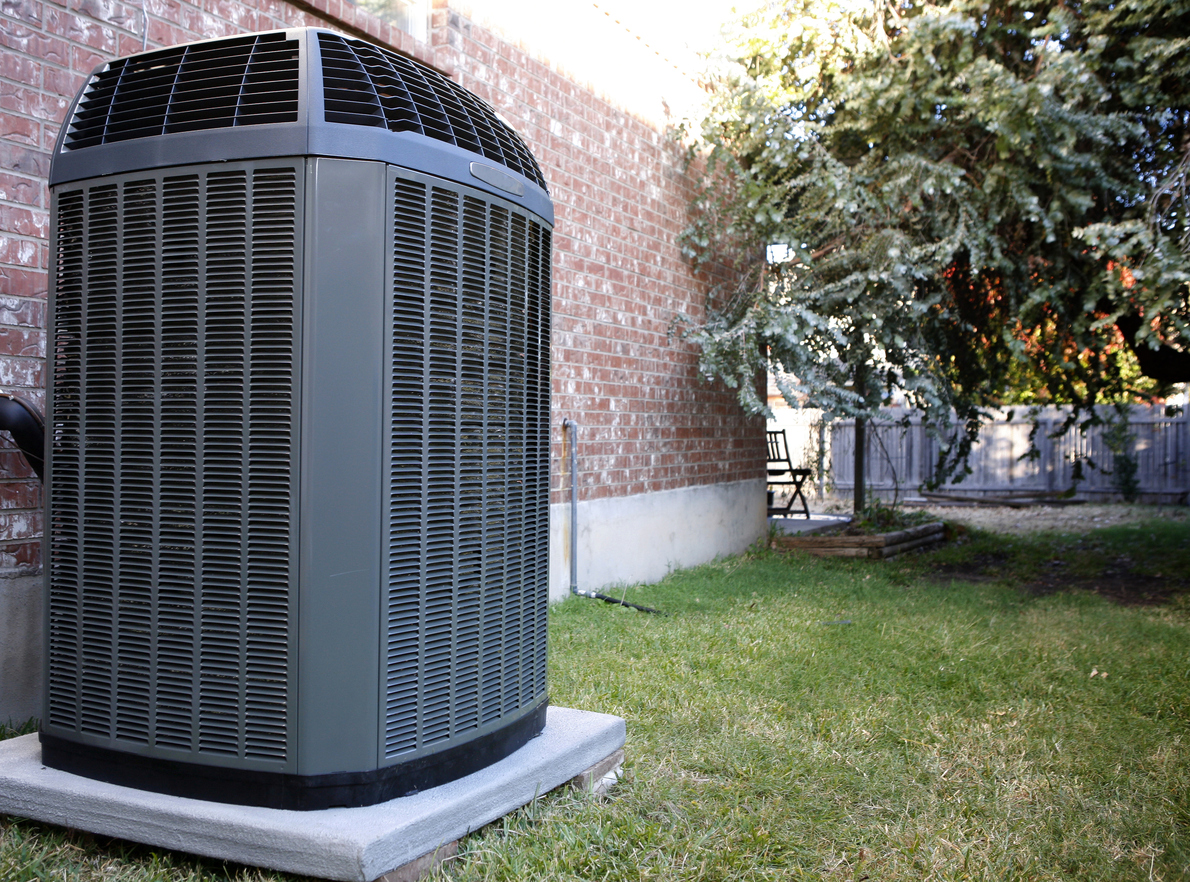Water Testing: What Does It Do?

Water that is used in many homes comes either from a ground or surface source. The latter originates from lakes, rivers, and streams. Groundwater, on the other hand, is one found below the surface. It collects in cracks and crevices within rocks and in underground aquifers. This is usually obtained by drilling and other similar methods where water is pumped to the surface.
While all public water systems are managed and regulated by the EPA or Environmental Protection Agency, it’s a different case for those who have private wells and other water systems. Generally, they are responsible for making sure that their water supply is free from contaminants. To achieve this, they need to avail themselves of regular water testing services.
Reasons for Performing Water Tests
Water testing refers to the different methods used to test the quality of water. Everyday, millions of these tests take place to achieve the following goals:
1. Meet Required Standards
All states have specific criteria for identifying the maximum and minimum levels of chemical pollutants allowed in their waters. Certain beneficial uses of water, like swimming, fishing, and drinking, may not be allowed if the water exceeds maximum and minimum chemical concentration requirements. Water quality testing standards are set to protect users, and tests are conducted to determine if these standards are being met.
2. Identify Pollutants
Water testing can help to identify problem pollutants and track the source. While some already identified sources are more likely to produce pollutants, we won’t be sure if we don’t conduct testing. If a link could be established to the source via water testing, it can become the basis for further appropriate actions.
3. Identify Emerging Trends
In a water testing lab, chemical substances are consistently analyzed and monitored for an extended period. This will help see if there are indications of an emerging trend in water safety maintenance.
4. Discover Potential Dangers
A water test can help detect excessive chemical levels that could eventually become a serious pollution problem.
Types of Water Tests
A water test can be performed in many ways to determine whether water is safe to drink or not. The test can also help to identify if a particular type of contamination has infected the water and how this should be treated. The following are some of the water testing methods commonly used:
1. Temperature Test
The temperature can determine how fast biochemical reactions occur in an aquatic environment and if they can occur. A high water temperature can cause less resiliency to certain pollutants, reducing the ability to retain oxygen.
2. Bacteria Test
E.coli is the most common bacteria found in water. It usually comes from fecal matter and can cause serious health problems if the infected water is consumed. A water analysis is necessary to test for bacteria to determine if the water is safe to drink.
3. Mineral Test
The most important mineral tests involve nitrate, lead, and nitrite. This broad range of mineral testing is important and pertinent in determining water quality, especially in places where the terrains differ significantly.
4. pH Test
pH refers to the concentration of hydrogen ions in a given solution, which determines the solution’s acidity. In the case of water, acidity can affect its taste and, of course, if it’s safe for consumption. People can get sick if they drink water with too much acidity.
5. Salinity Test
This test determines the total non-carbonate salts found in water. If groundwater is involved, a salinity test will measure how salty your topsoil could become if the water reaches your tank.
6. Turbidity Test
This test measures the suspended particulate matter in water to determine how clean the water is. If the water is determined to have high turbidity levels, this could indicate the presence of pathogens, which may be harmful if consumed.
7. Chloride Test
Fresh and saltwater both contain chloride. It can increase because of industrial pollution and when water minerals are dissolved. A water test can help determine this.
8. Metal Test
The metal test is vital because certain types of heavy metals can cause damage to the liver, bones, kidneys, and nervous system. These metals are not naturally found in water and can be introduced to water bodies through various human activities. The presence of heavy metals like arsenic, copper, bismuth, tin, uranium, and zinc can be confirmed using a water test kit.
9. Electrical Conductivity Test
This test measures the amount of solids that have been dissolved in water. It is often a good indicator of the salinity level of the tested water.
10. Other Tests
These basic water tests involving sediment and odor are not necessarily related to chemical testing. They are not applicable in all cases, but they can provide a measurement of the physical characteristics of a water sample.
Where Can You Get Water Tested for Free?
Your water should be tested every year for E.coli, total coliform bacteria, nitrates, and total dissolved solids. Call your local water company or the local health department if you need to have your water tested due to sudden changes in its taste, color, or smell.
Additionally, every community water supplier must provide their customers with an annual report. Commonly referred to as the Customer Confidence Report (CCR), the document includes pertinent information about your local drinking water quality. It also details the source of the water and any contaminants that were found.
Key Takeaway
Water testing has acquired greater importance in recent years. It is because of increasing reports that people in many parts of the world still drink unclean or contaminated water.
The number of water tests that can be performed will depend on various factors. It can include the source of your water supply and your area. A typical water test will examine the presence of bacteria and heavy metals and the amount of minerals. If these substances exist in your water at excessive levels, filtration or purification services will need to be looked into. These are usually provided by many water supply and plumbing companies.
Absolute Electrical Heating and Air is the only company you need for excellent water filtration services.
You can never be sure that your drinking water is clean and safe. Absolute Electrical Heating and Air has the perfect solution – our very own water filtration service.
We have a professional Denver plumbing team that can explain how our filtration system works. We can quickly and safely have this installed in your home if you decide to avail of the service. Call us now and start enjoying cleaner water.
CONTACT US
Request Service


Save Every Year with an Absolute Advantage Membership
Expert Annual System Safety Inspections & More
- Priority service
- Waived dispatch fees
- Yearly furnace, A/C, & electrical system inspections
- 10% discount on repairs and additional diagnostic services
- Up to $500 off HVAC & electrical panel replacements







